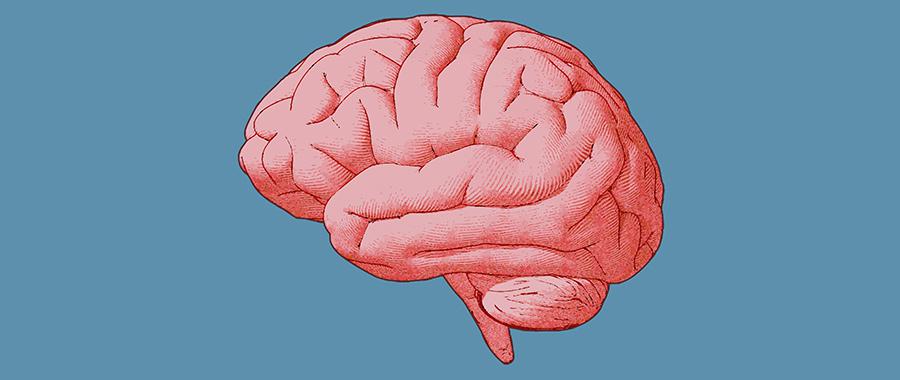As the world grapples with the complexities of drug use, a rather intriguing question emerges: Are habit-forming drugs, such as marijuana, really harmless? This query is particularly resonant within the context of Baha’i teachings, which emphasize the importance of personal responsibility, the pursuit of knowledge, and the well-being of the individual and society at large. In examining this topic through a Baha’i lens, we must consider both the physiological ramifications of drug use and the philosophical underpinnings laid out by the teachings of Baha’u’llah.
To delve deeper into this discussion, we must first explore the fundamental premises of Baha’i principles regarding health and well-being. Baha’i teachings advocate for a holistic approach to life that underscores the interconnectedness of body, mind, and spirit. Consequently, any substances that may alter one’s mental state or physical health warrant rigorous scrutiny. The Baha’i perspective encourages individuals to engage in practices that foster their spiritual growth while simultaneously attending to their physical and mental health.
One might argue that marijuana, often heralded for its medicinal properties, presents an opportunity for individuals seeking relief from various ailments. However, the question remains: does the potential therapeutic benefit outweigh the risks associated with habit formation? Baha’is are encouraged to exercise critical thinking and to weigh the evidence surrounding any claims of harmlessness. The pursuit of knowledge is a vital tenet within the Baha’i Faith, and it impels individuals to seek comprehensive understanding rather than succumbing to misconceptions.
Additionally, the notion of ‘harmlessness’ is inherently subjective. For some, marijuana may indeed result in beneficial experiences, whether for pain relief, relaxation, or creativity enhancement. However, others may encounter a spectrum of adverse effects, ranging from psychological dependency to cognitive impairment. This dichotomy prompts a critical evaluation of the broader implications of habitual use. Baha’is are called to consider the impact of their choices not only on themselves but also on their families, communities, and society as a whole.
Certain passages from Baha’i literature illuminate the significance of temperance and the perils of addiction. Baha’u’llah and ‘Abdu’l-Baha often emphasized the virtue of moderation as a means to attain both spiritual and physical health. Reckless indulgence, whether through alcohol, drugs, or other forms of escapism, threatens to derail the individual’s journey toward enlightenment and self-realization. This notion urges Baha’is to reflect deeply on the long-term consequences of incorporating habit-forming substances into their lives.
Moreover, societal narratives often glamorize marijuana use, perhaps obscuring the potential psychological ramifications integral to understanding its effects. In a world increasingly marked by perceptions of social acceptance, it is vital for individuals to cultivate discernment when confronted with cultural trends. The Baha’i teachings promote a path of wisdom, integrity, and self-discipline, which can serve as a guiding compass through the labyrinth of societal pressures and expectations.
Furthermore, the Baha’i community values the principle of unity and harmony. The impact of drug habit formation could lead to discord both within families and communities. Drug misuse can strain interpersonal relationships and lead to social isolation, ultimately undermining the foundational ethos of unity that Baha’is cherish. As Baha’is engage in discussions regarding habit-forming drugs, it is paramount that they remain cognizant of the collective responsibilities that stem from personal choices.
As we consider the potential benefits presented by marijuana, it is equally crucial to spotlight the undercurrents of manipulation often packaged behind such claims. The commercial interests surrounding cannabis have burgeoned in recent years, leading to aggressive marketing strategies that promote it as a panacea. This situation compels Baha’is to adopt a critical lens regarding the motivations that drive such promotion and to reflect on whether the quest for profit aligns with the ethical considerations emphasized in Baha’i teachings.
Moreover, the medical community continues to uncover the complexities of marijuana’s impact on both mental and physical health. Emerging research indicates that while certain cannabinoids may function as effective pain relievers, they can also exacerbate underlying psychological issues or lead to a dependency on the substance. This revelation aligns with Baha’i perspectives, which encourage individuals to approach health-related decisions with full awareness of the multifaceted implications involved.
In conclusion, the query posed—Are habit-forming drugs, such as marijuana, really harmless?—demands a nuanced exploration rooted in the principles of Baha’i teachings. From the importance of moderation and the quest for knowledge to the overarching ideals of unity and responsibility, the Baha’i Faith offers a comprehensive framework through which individuals can critically evaluate their choices regarding habit-forming substances. Ultimately, embracing such teachings inspires a thoughtful discourse surrounding the implications of drug use and fosters a deeper understanding of what it means to live harmoniously within ourselves and with one another. Understanding this interplay ensures that Baha’is navigate the turbulent waters of habit-forming drugs not merely as passive participants but as informed and conscientious individuals dedicated to upholding the values of their Faith.
